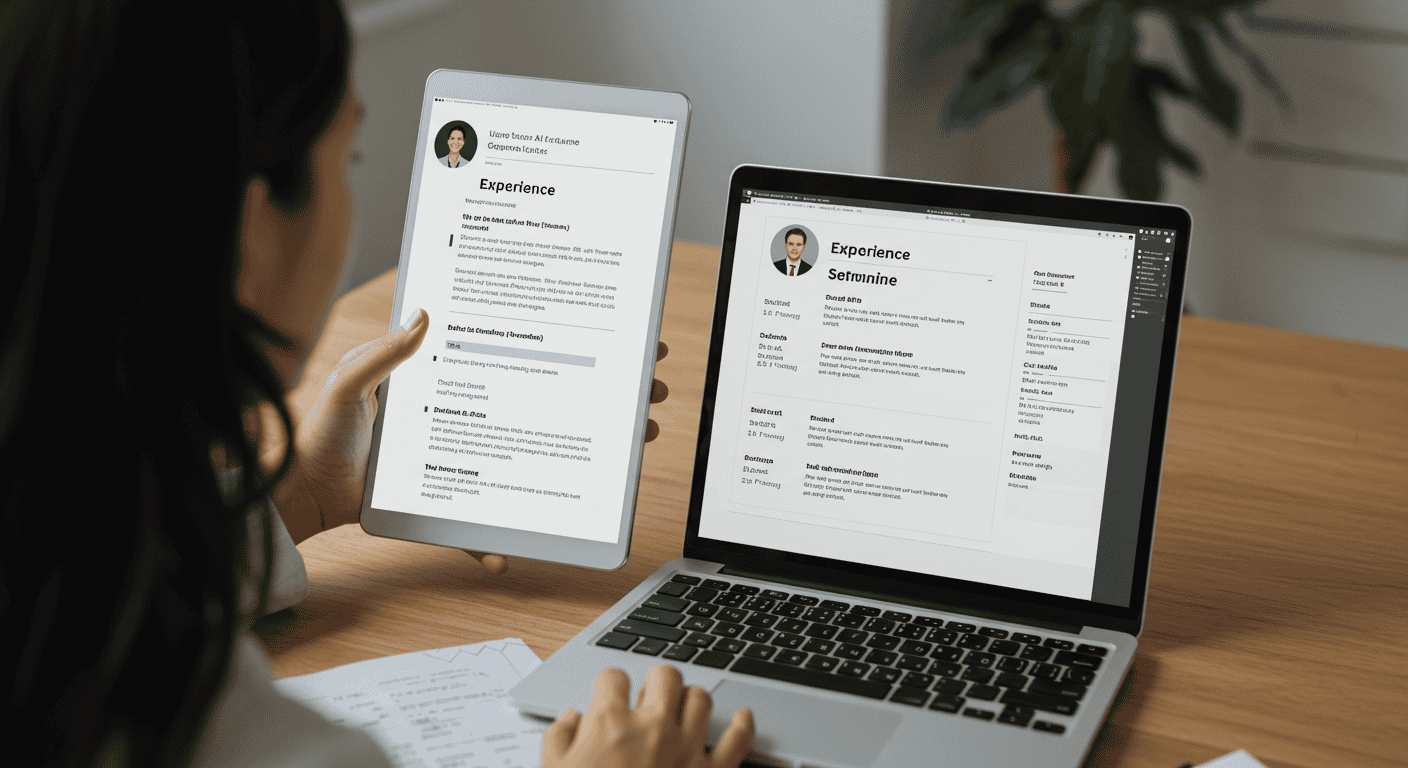
In today’s fast-paced job market, competition is fierce and hiring processes are becoming increasingly automated. To stand out, job seekers must embrace cutting-edge solutions that deliver speed, precision, and personalization. Artificial intelligence (AI) is no longer a futuristic concept—it’s a practical advantage for crafting resumes, tailoring cover letters, practicing interviews, and streamlining every step of your job search workflow. In this comprehensive guide, we’ll explore proven strategies and top AI tools that empower you to land your dream role more efficiently than ever before.
Why AI Matters in Your Job Search
AI-driven platforms can analyze thousands of job descriptions, identify key skills, and recommend optimizations in seconds. Rather than manually scanning every listing for keywords, intelligent algorithms help you match your profile to roles that fit your experience and ambitions. Beyond matching, AI assists recruiters with candidate screening—so if your application isn’t optimized for Applicant Tracking Systems (ATS), you may never make it past the first filter. Leveraging AI means you’re not simply reacting to opportunities, but proactively positioning yourself as the perfect candidate.
Top AI Tools to Streamline Every Step
Resume and Cover Letter Optimization
ChatGPT or GPT-4
Generate compelling bullet points for your resume, draft personalized cover letters, and practice interview questions in conversational AI sessions.
Rezi or Resume Worded
Analyze your resume for ATS compatibility, highlight missing keywords, and suggest action verbs to boost impact.
Interview Preparation
Interview Warmup by Google
Simulate real interview questions with instant feedback on your responses, tone, and clarity.
Smart Job Discovery
LinkedIn AI Matching
Receive curated job recommendations based on your profile, network insights, and industry trends.
Interview Scheduling and Workflow
Calendly + AI Scheduling Assistants
Automate interview coordination, set follow-up reminders, and sync with calendars seamlessly.
Crafting an AI-Friendly Resume

An AI-friendly resume begins with structure. Use clear section headings like Summary, Experience, Education, and Skills. Bullet points should lead with strong action verbs (e.g., “Directed,” “Optimized,” “Implemented”). To tailor for each application, feed the job description into an AI tool and have it highlight the most important keywords. Integrate those keywords organically into your resume—focus on quantifiable achievements (e.g., “Increased sales by 30% through targeted social media campaigns”). Some AI platforms can score your resume against the job posting, recommending edits to improve your match rate. Always review suggestions manually to ensure accuracy and authenticity.
Personalizing Cover Letters with AI
Cover letters remain an opportunity to showcase your voice and enthusiasm. Start by inputting the company name, role, and a brief about your background into an AI drafting tool. Let it generate a concise opening paragraph that highlights why you’re passionate about the company’s mission. For the body, ask AI to tailor examples of past successes that align with the role’s core responsibilities. Finally, close with a strong call to action, expressing your eagerness to discuss how you can add value. Always refine for tone—ensure the final draft sounds like you and reflects genuine interest, not just robotic perfection.
Preparing for Interviews with AI
Mock interviews powered by AI can expose weaknesses in your communication style and help you refine your answers. Platforms like Interview Warmup or specialized chatbots simulate common behavioral and technical questions, analyze your speech patterns, and provide suggestions on pacing and clarity. Some advanced tools even use computer vision to give feedback on body language, eye contact, and facial expressions. Use AI insights to practice until your responses are concise, confident, and aligned with the company’s core values. Incorporate notes on difficult questions into your preparation plan, and revisit them until you can deliver them smoothly under pressure.
Managing Your Job Search Workflow Efficiently
A disorganized search can lead to missed opportunities. Adopt AI-enhanced productivity tools like Trello or Notion, which now feature smart suggestions for board templates and automated reminders. Create columns for “Researching,” “Applied,” “Interviewing,” and “Offers.” Use AI chatbots integrated into Slack or email to send timely follow-ups and thank-you notes—simply draft a rough outline, and let AI polish it for professionalism and warmth. Set calendar alerts for application deadlines and interview prep sessions. Over time, analyze which strategies yield the best responses and double down on those channels and tactics.
Ethical Considerations & Pitfalls of AI in Recruitment
While AI can accelerate your job search, overreliance risks sacrificing authenticity. Always cross-check factual accuracy in AI-generated content—especially job titles, dates, and metrics. Be mindful of bias: AI models are trained on historical data that may perpetuate stereotypes. If an AI tool recommends removing certain gaps or embellishing roles, resist the urge. Transparency and honesty build long-term trust with employers. Finally, safeguard your personal data; review the privacy policies of any platform before uploading sensitive documents.
Conclusion: Taking the Next Steps
Embracing AI in your job search unlocks efficiency, personalization, and deeper insights at every turn. From crafting standout resumes to nailing interviews and managing applications, the right blend of technology and human judgment can transform your career journey. Start small—pick one AI tool, integrate it into your routine, and iterate. With consistent practice and ethical awareness, you’ll position yourself not just as a candidate but as a forward-thinking professional ready to excel in the future of work.
Learn more about: Salary Negotiation: Data-Driven Strategies to Maximize Your Job Offer









Leave a Reply